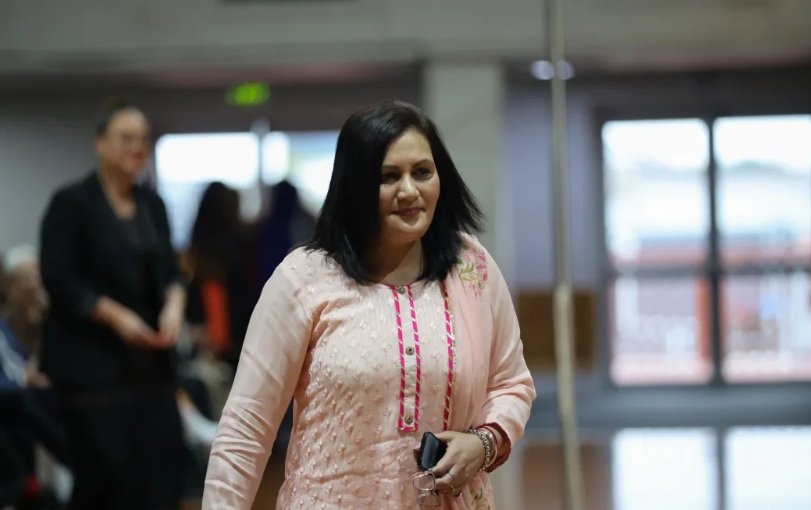
It follows on from a Cabinet directive last year to create a "colourblind" public service, which Public Service Minister Nicola Willis said was "a direct result of the coalition agreement" National had with Act to form the government.
Act tertiary education spokesperson Dr Parmjeet Parmar on Saturday said that directive did not apply to universities.
"This week I wrote to the minister for universities to raise concerns about allocation of resources toward students based on ethnicity. This includes special allowances, separate study spaces, scholarships, and course entrance pathways in fields like medicine."
Her Education and Training (Equal Treatment) Amendment Bill, if passed, would "effectively apply the need-not-race directive to the university sectors".
"I hope the minister will consider my proposal."

They would still be allowed to administer funds or assistance provided by outside organisations, such as charities for example, even if they were provided to students based on their race or ethnicity.
As a member's bill, it will only be put before the House should it be drawn at random from Parliament's biscuit tin or attracts enough support from other MPs.
Some experts have criticised the coalition government's moves to eliminate targeting of public services based on ethnicity, one calling it "a particular attack on science and public health advice".
Parmar also said she had raised concerns students at the University of Auckland were being forced to do a paper on the Treaty of Waitangi, particularly for international students, for whom the course would "hold little value".













